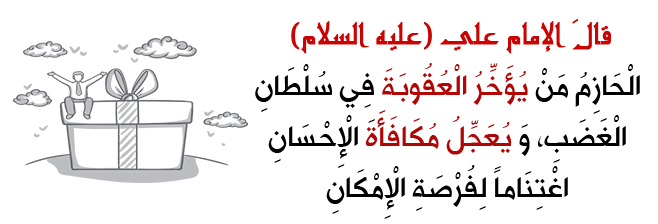


 Grammar
Grammar
 Tenses
Tenses
 Present
Present
 Past
Past
 Future
Future
 Parts Of Speech
Parts Of Speech
 Nouns
Nouns
 Verbs
Verbs
 Adverbs
Adverbs
 Adjectives
Adjectives
 Pronouns
Pronouns
 Pre Position
Pre Position
 Preposition by function
Preposition by function 
 Preposition by construction
Preposition by construction
 Conjunctions
Conjunctions
 Interjections
Interjections
 Grammar Rules
Grammar Rules
 Linguistics
Linguistics
 Semantics
Semantics
 Pragmatics
Pragmatics
 Reading Comprehension
Reading Comprehension|
Read More
Date: 2023-12-23
Date: 2023-11-17
Date: 14/11/2022
|
Thinking like a linguist
Our tasks will be to explain what it means to ‘think like a linguist’ and to show how linguists’ assumptions about language often differ from those of the layperson. One might assume, for example, that a linguist would be the first person to turn to when seeking advice on good speech or writing. In fact, few linguists would see it as part of their role to prescribe how language should be used, preferring instead to describe the facts of language as it is used. As we will see later, linguists are quick to point out that the bases for our linguistic value judgements generally turn out to be arbitrary, spurious and inconsistent.
In literate societies, we are also used to equating language with its written form, and treating speech as somehow deviant. Linguists make precisely the opposite assumption, reminding us that we all learn our mother tongue at a very young age without the aid of books, and if we learn to read and write in that language at all, we do so only after we have mastered speech. As we will see, language looks radically different when we start from a spoken language perspective. It will also become clear that some everyday assumptions we take for granted – for example, the difference between a language and a dialect, or the notion of ‘beautiful’ or ‘primitive’ languages – become highly problematical once our linguistic prejudices are stripped away.
|
|
|
|
لخفض ضغط الدم.. دراسة تحدد "تمارين مهمة"
|
|
|
|
|
|
|
طال انتظارها.. ميزة جديدة من "واتساب" تعزز الخصوصية
|
|
|
|
|
|
|
عوائل الشهداء: العتبة العباسية المقدسة سبّاقة في استذكار شهداء العراق عبر فعالياتها وأنشطتها المختلفة
|
|
|